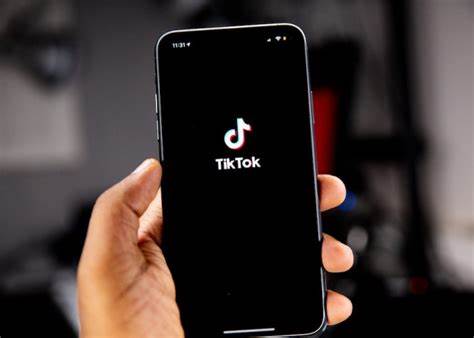Islamabad, Oct 14: TikTok Livestreaming Underage Strip Shows
An unsettling pattern of adolescents as young as 15 acting inappropriately during TikTok live streaming has been found, according to a startling conclusion from the platform’s internal inquiry. The inquiry, which was sparked by a Forbes article, found that many minors were being paid in digital “gifts” or “coins” that could be exchanged for actual money in return for stripping in public.
This troubling revelation is only one of many disturbing ones found in private documents that NPR and Kentucky Public Radio recently looked into. The documents present a concerning image of TikTok executives who appeared unconcerned even though they were fully aware of the risks their software can bring to kids.
To make this improper trade possible, the platform’s digital money system—which is frequently represented by virtual goods like stuffed animals or flowers—was being abused. It was discovered that adults were the main source of these payments, which essentially supported the platform’s exploitation of children.
A lawsuit filed against TikTok on Tuesday by 14 attorneys general marks the start of an extensive two-year probe into the popular social media platform. The investigation has brought to light several startling revelations about the app’s nature.
Hooks You Within 35 Minutes
Based on the results, TikTok has determined that it only takes 260 videos to establish a habit. Although this number may seem excessive at first, Kentucky officials quickly brought up an important point: a lot of TikTok videos are only a few seconds long.
The key to realizing the platform’s addictive potential lies in its brevity. In less than 35 minutes, “an average user is likely to become addicted to the platform,” according to the findings of state investigators.
The Algorithm Suppresses Unattrative Users
According to reports, the app changed its algorithm to favor content with individuals it found beautiful while simultaneously making less attractive users less visible.
When TikTok’s primary video stream started to feature what the business internally referred to as “a high volume of… not attractive subjects,” it became apparent what had happened. As a result, the platform made a conscious decision to alter how it distributed material, which served to further the narrow concept of beauty.
TikTok’s Response
Alex Haurek, a representative for TikTok, took issue at recent reporting on the social media site by NPR in a statement that was made public last Thursday. Haurek voiced his displeasure with the news outlet’s choice to release material that is now sealed by a judge.
A representative for TikTok charged that NPR was presenting a biased story, claiming that the outlet “cherry-picks misleading quotes and takes outdated documents out of context” in its reporting. Haurek claims that this strategy distorts TikTok’s commitment to protecting the security of its user base.
